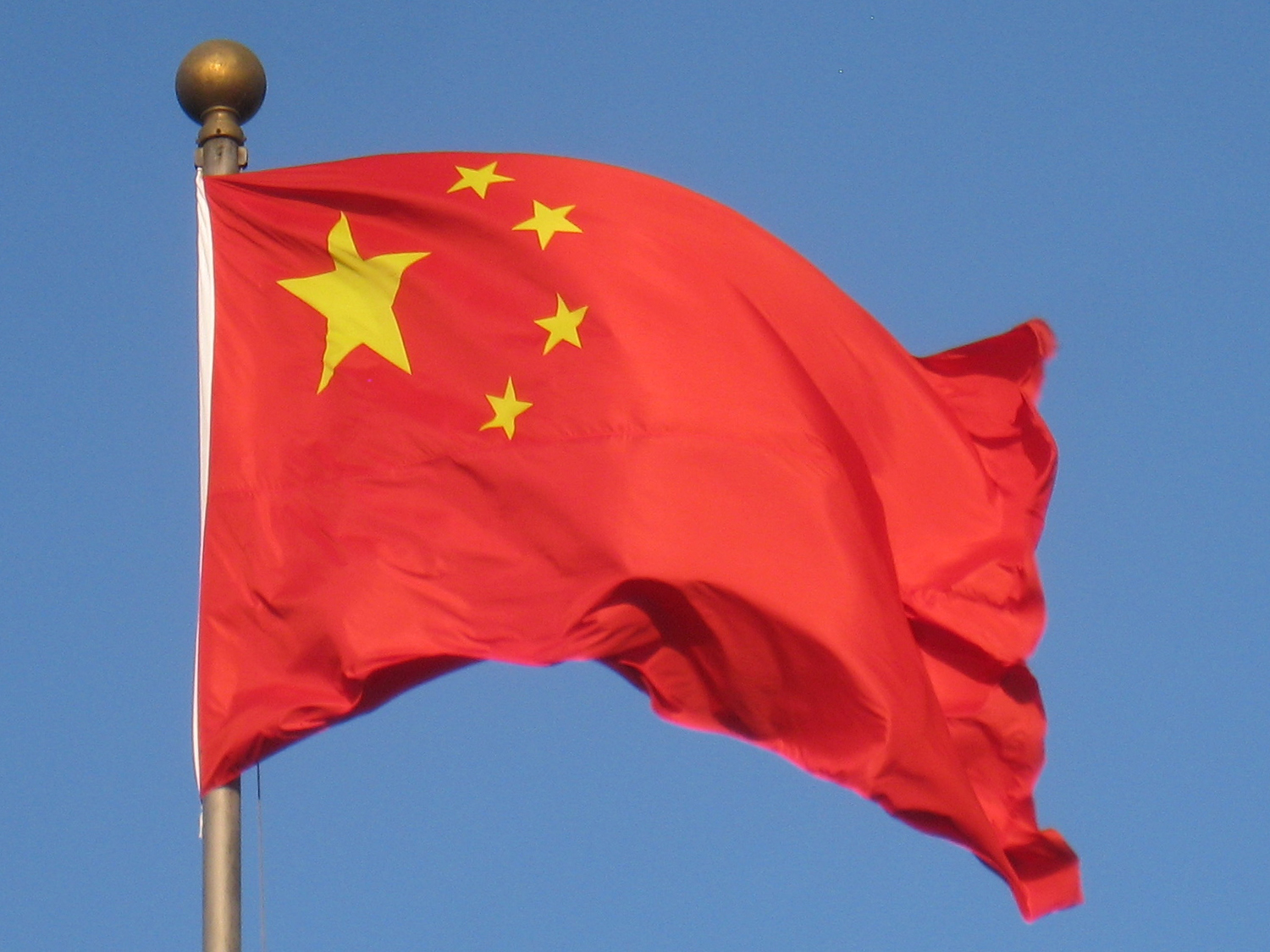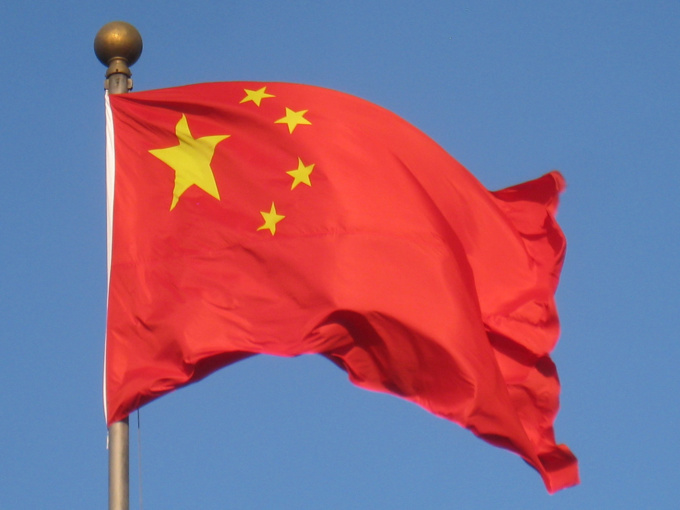The Chinese bond market in 2019 may face the largest default (up to $ 13 trillion) in its history. This is evidenced by a study of Bloomberg.
According to data collected by the agency, in the first four months of this year, Chinese companies have already defaulted on domestic bonds worth 39.2 billion yuan ($ 5.8 billion). This is about 3.4 times more than for the same period in 2018, notes Bloomberg. In addition, the pace of development of this process is now three times faster than in 2016, when the risks of default were concentrated in the first half of the year. The trend is clear: if nothing changes, 2019 will demonstrate a new maximum by default for the Chinese bond market.
The reason for this lies in the reduction of financing companies. China continues to put pressure on banks to provide loans to private businesses (especially small and medium). At the same time, the country's authorities are concentrating on reducing the shadow banking system, where credit decisions were taken with less control from the regulatory authorities. Thus, the surge of default has started at the end of 2017 and continues to this day. In 2016 the Chinese leadership tried to reduce excess production capacity, which ultimately affected the credit markets.
"The short maturity of bonds means that companies often have to refinance their liabilities," says a note from analysts at Moody's Investors Service. Experts say that companies that cannot do this are likely to face difficulties. “Banks are reluctant to lend to such companies,” experts say, noting that these organizations mainly rely on “shadow banks.” The number of the latter continues to decline due to the fact that their regulation is tightening power.
source: bloomberg.com
According to data collected by the agency, in the first four months of this year, Chinese companies have already defaulted on domestic bonds worth 39.2 billion yuan ($ 5.8 billion). This is about 3.4 times more than for the same period in 2018, notes Bloomberg. In addition, the pace of development of this process is now three times faster than in 2016, when the risks of default were concentrated in the first half of the year. The trend is clear: if nothing changes, 2019 will demonstrate a new maximum by default for the Chinese bond market.
The reason for this lies in the reduction of financing companies. China continues to put pressure on banks to provide loans to private businesses (especially small and medium). At the same time, the country's authorities are concentrating on reducing the shadow banking system, where credit decisions were taken with less control from the regulatory authorities. Thus, the surge of default has started at the end of 2017 and continues to this day. In 2016 the Chinese leadership tried to reduce excess production capacity, which ultimately affected the credit markets.
"The short maturity of bonds means that companies often have to refinance their liabilities," says a note from analysts at Moody's Investors Service. Experts say that companies that cannot do this are likely to face difficulties. “Banks are reluctant to lend to such companies,” experts say, noting that these organizations mainly rely on “shadow banks.” The number of the latter continues to decline due to the fact that their regulation is tightening power.
source: bloomberg.com



















